Can You Extract Thc With Water

The question of whether tetrahydrocannabinol (THC), the primary psychoactive compound in cannabis, can be extracted using water is a subject of ongoing debate and scientific inquiry. While seemingly straightforward, the answer is nuanced, touching upon the fundamental chemical properties of THC and the principles of extraction science. Misconceptions surrounding this topic can lead to ineffective extraction attempts and a misunderstanding of cannabis processing.
This article delves into the scientific basis of THC extraction, specifically addressing the viability of using water as a solvent. It examines the chemical characteristics that govern solubility, the methods employed in cannabis extraction, and the potential for water-based techniques. It also explores the implications of these findings for both home users and commercial cannabis operations. Understanding the limitations and possibilities of water-based THC extraction is crucial for informed decision-making in the evolving cannabis landscape.
The Chemistry of THC and Solubility
THC is a highly non-polar molecule. This means it doesn't readily dissolve in polar solvents like water. Its chemical structure is dominated by carbon and hydrogen atoms, forming a hydrophobic (water-repelling) structure.
Solubility is dictated by the principle of "like dissolves like." Polar solvents, such as water, are effective at dissolving polar compounds like salts and sugars. Non-polar solvents, like butane, ethanol, and oils, are effective at dissolving non-polar compounds like THC.
Therefore, the inherent chemical incompatibility between THC and water makes efficient extraction challenging.
Traditional Extraction Methods
Traditional methods for extracting THC predominantly rely on non-polar solvents. These include butane, propane, supercritical CO2, and ethanol. Each solvent has its own advantages and disadvantages in terms of efficiency, safety, and final product quality.
Solvent extraction involves soaking the cannabis plant material in the chosen solvent. The solvent then dissolves the THC, along with other cannabinoids, terpenes, and plant compounds.
The resulting solution is then processed to remove the solvent, leaving behind a concentrated cannabis extract.
Water as a Solvent: Limitations and Possibilities
While water is not an effective direct solvent for THC, it can play a role in cannabis processing. Water is often used in processes like decarboxylation. Decarboxylation is the process of heating cannabis to convert THCA (tetrahydrocannabinolic acid), the non-psychoactive precursor to THC, into its active form.
Water can also be used in techniques like ice water extraction, also known as bubble hash production. This method doesn't directly dissolve THC but relies on physical separation.
In ice water extraction, the cold water and agitation cause the trichomes (where THC is concentrated) to become brittle and break off from the plant material. These trichomes are then filtered out using specialized bags with varying micron sizes.
Ice Water Extraction: A Closer Look
Ice water extraction is a solventless method, but it's important to understand its mechanism. It doesn't extract THC using water as a solvent. It physically separates the trichomes that contain the THC.
The cold temperature helps to preserve the trichomes and prevent degradation of the cannabinoids and terpenes. This results in a relatively pure and potent form of cannabis concentrate known as bubble hash.
The efficiency of ice water extraction depends on factors like the quality of the starting material, the temperature of the water, and the agitation technique used.
The Role of Emulsification
Emulsification is the process of dispersing one liquid within another immiscible liquid. While THC doesn't dissolve in water, it can be emulsified within it.
This can be achieved using emulsifiers, which are substances that stabilize the mixture and prevent the liquids from separating. Lecithin and other food-grade emulsifiers are sometimes used to create THC-infused beverages.
However, emulsification does not equate to extraction. The THC is still present as tiny droplets suspended in the water, not dissolved within it.
The Future of Water-Based Cannabis Processing
While water is not a primary solvent for THC extraction, ongoing research is exploring innovative ways to utilize it in cannabis processing. This includes investigating novel emulsification techniques and exploring enzymatic methods to enhance the solubility of THC in water.
One area of interest is the use of nanotechnology to encapsulate THC within water-soluble carriers. This could potentially improve the bioavailability and delivery of THC in aqueous solutions.
These advancements could pave the way for new and more environmentally friendly cannabis products and extraction methods.
Conclusion
Direct extraction of THC with water is not feasible due to the compound's non-polar nature. Traditional extraction methods rely on non-polar solvents to effectively dissolve and separate THC from plant material.
However, water plays a crucial role in processes like decarboxylation and ice water extraction, where it facilitates physical separation rather than chemical dissolution. Further research into emulsification and nanotechnology may unlock new possibilities for water-based cannabis processing, but widespread adoption is not currently viable.
Understanding the science behind THC extraction is paramount for anyone involved in cannabis cultivation, processing, or consumption. Misconceptions about water's role can lead to ineffective extraction attempts and a misunderstanding of cannabis product development.
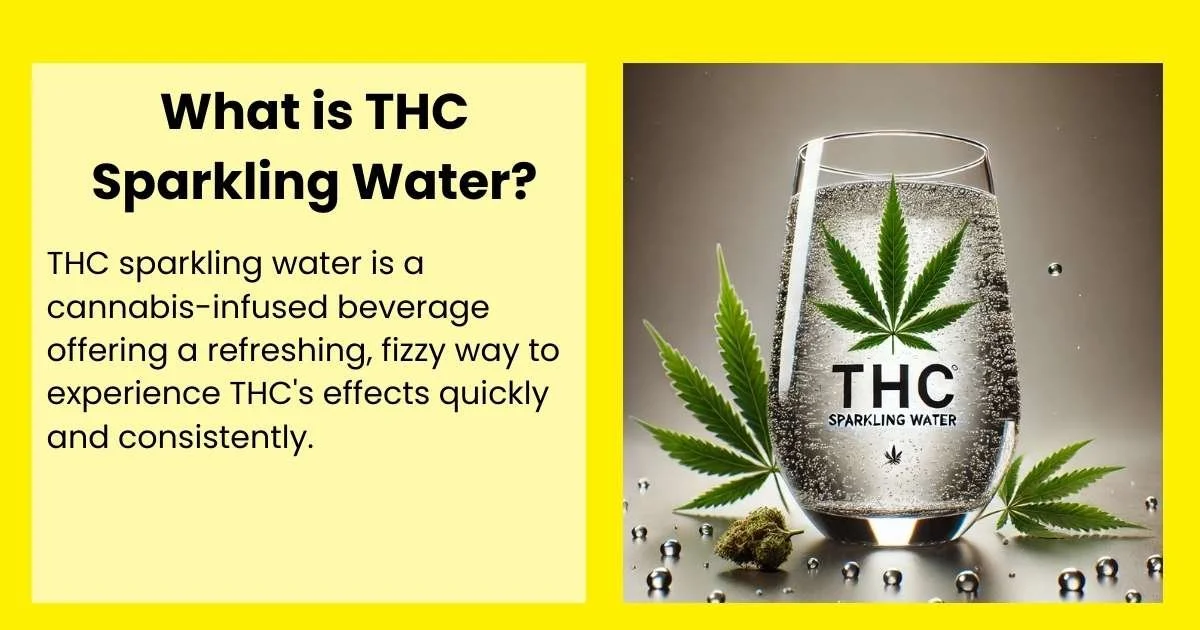




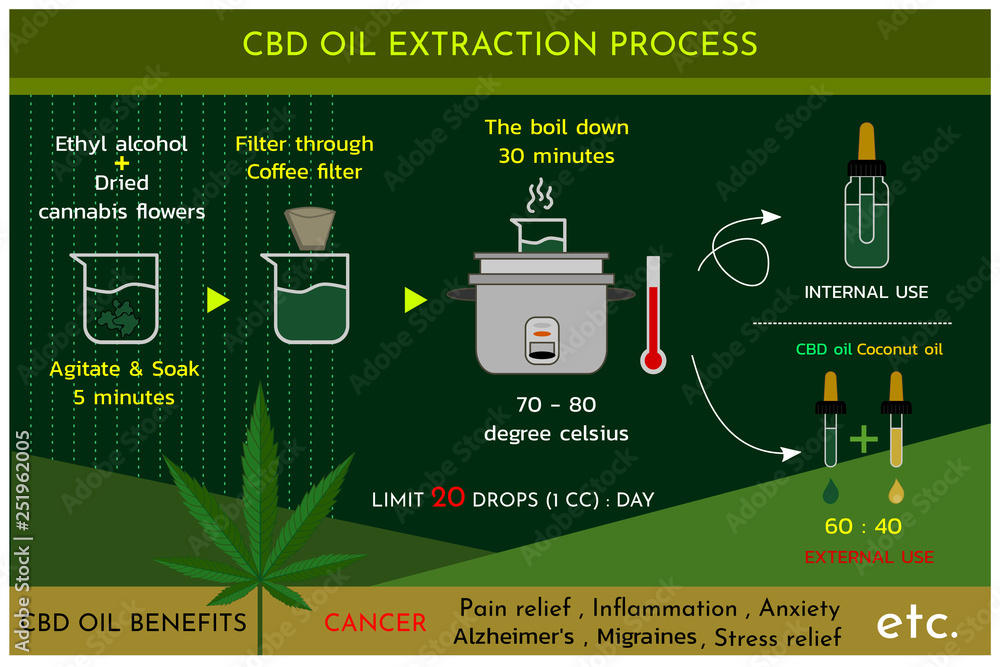




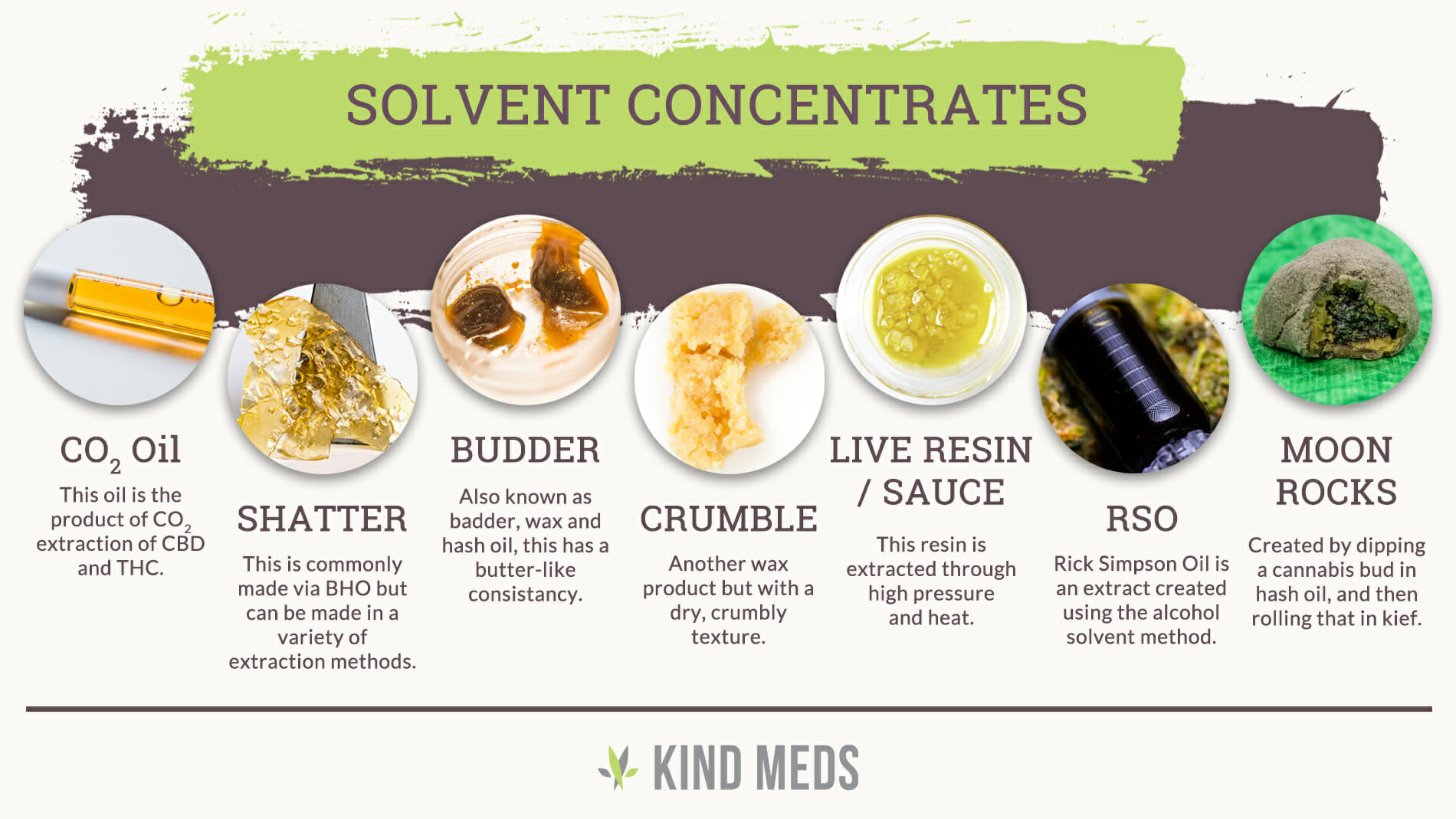
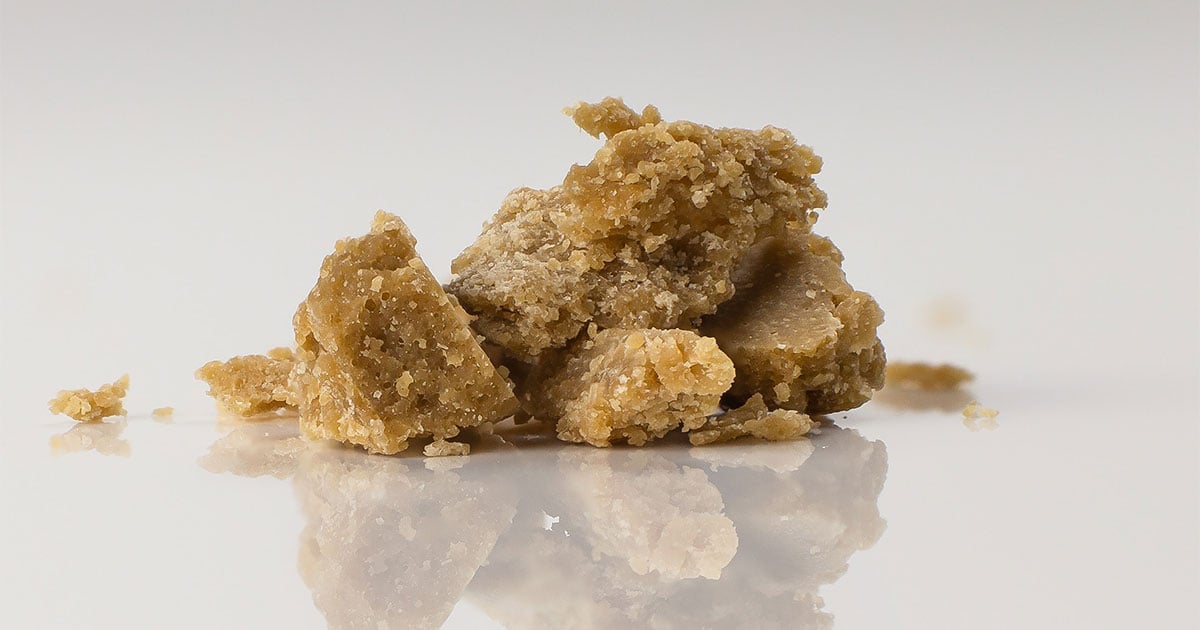

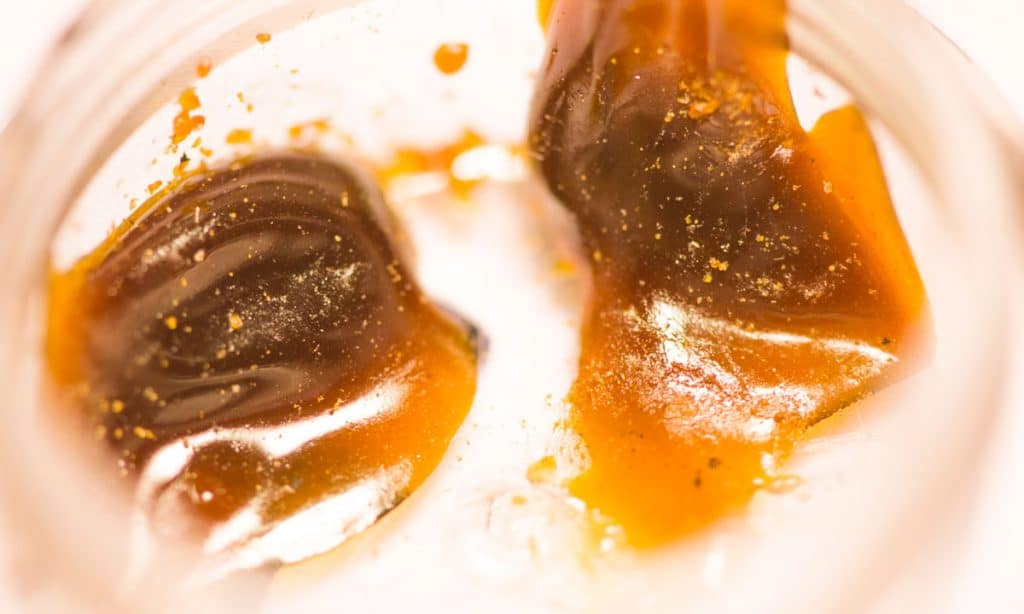


![Can You Extract Thc With Water CO2 & Solventless Cannabis Extraction Explained [Guide]](https://agrify.com/wp-content/uploads/2022/09/cannabis-extraction-techniques-1536x864.jpg)

